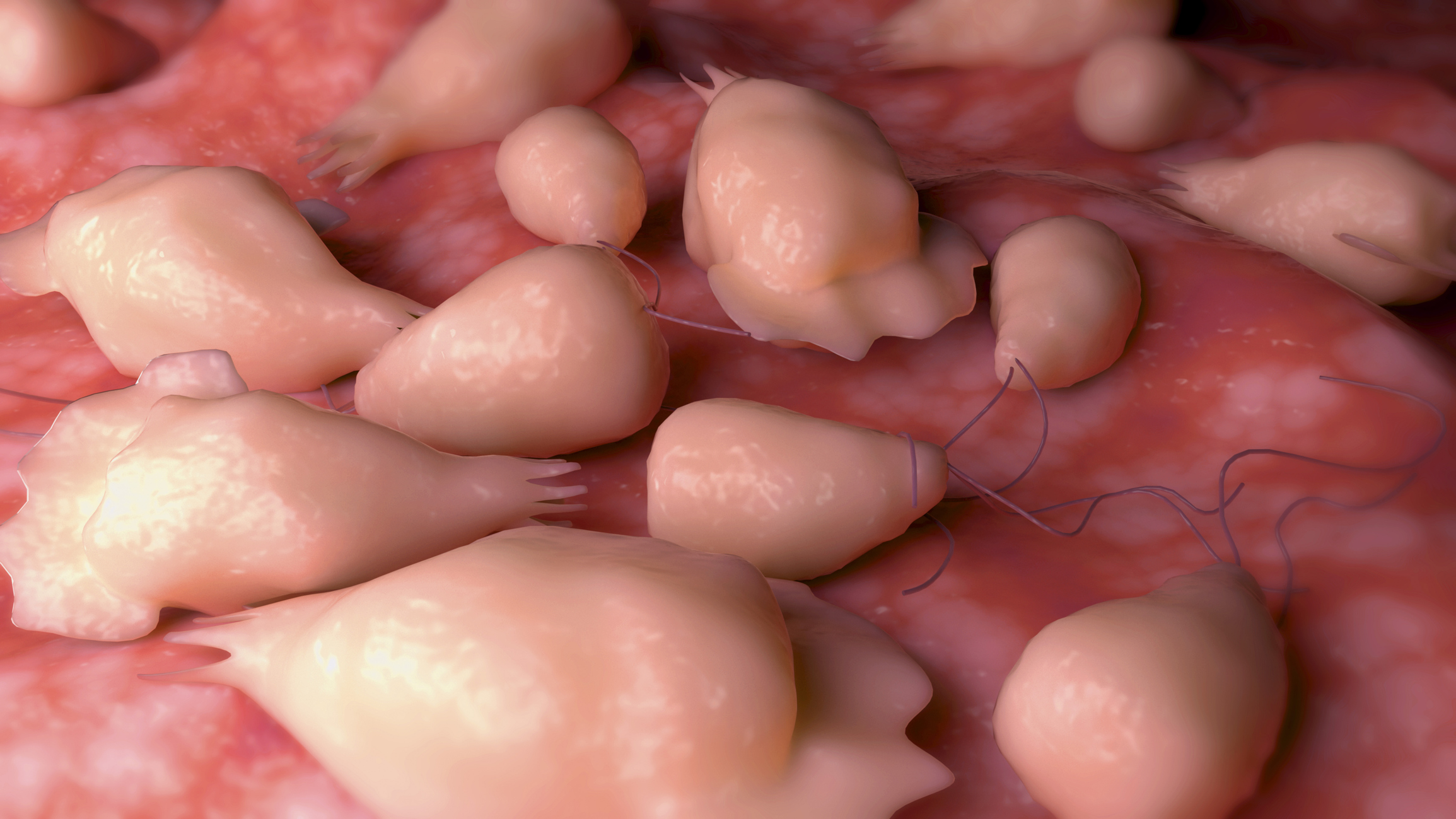The Kerala government, led by Chief Minister Pinarayi Vijayan, held a high-level meeting on Friday to discuss preparations and preventive measures against amoebic meningoencephalitis, a rare but potentially fatal brain infection.
CM Vijayan emphasized the importance of avoiding swimming in unclean water bodies and ensuring proper chlorination of swimming pools. “Children are particularly susceptible to this disease, so extra caution should be taken when they enter water bodies,” he said, recommending the use of swimming nose clips as a preventive measure.
The meeting, attended by Health Minister Veena George, Chief Secretary Dr. Venu V., Additional Chief Secretary of the Health Department Rajan Khobragade, and Director of the Virology Institute Dr. E. Sreekumar, comes in the wake of two deaths and one hospitalization due to the disease in the last two months.
Amoebic meningoencephalitis is caused by Naegleria fowleri, a type of amoeba found in stagnant water. Bacteria from the amoeba family are transmitted through the fine pores in the nose by bathing in drains or pools. It enters the human body and severely affects the brain and causes encephalitis.
Health officials stress that the disease is not transmitted from person to person.
Symptoms, which appear within one to nine days of infection, include severe headache, fever, nausea, vomiting, and neck stiffness. In critical stages, patients may experience seizures, loss of consciousness, and memory loss.
Minister George had previously convened a health department meeting on July 2 to address the recent cases. The government is urging the public to maintain cleanliness of water bodies and to seek immediate medical attention if symptoms appear after exposure to stagnant water.
Statistics indicate that only 2.6 out of 10 lakh people who come in contact with such stagnant water in the world get this disease. Diagnosis is made by taking fluid from the spinal cord and testing it. People who bathe in stagnant water should report these symptoms and seek treatment.
(Inputs from ANI)














